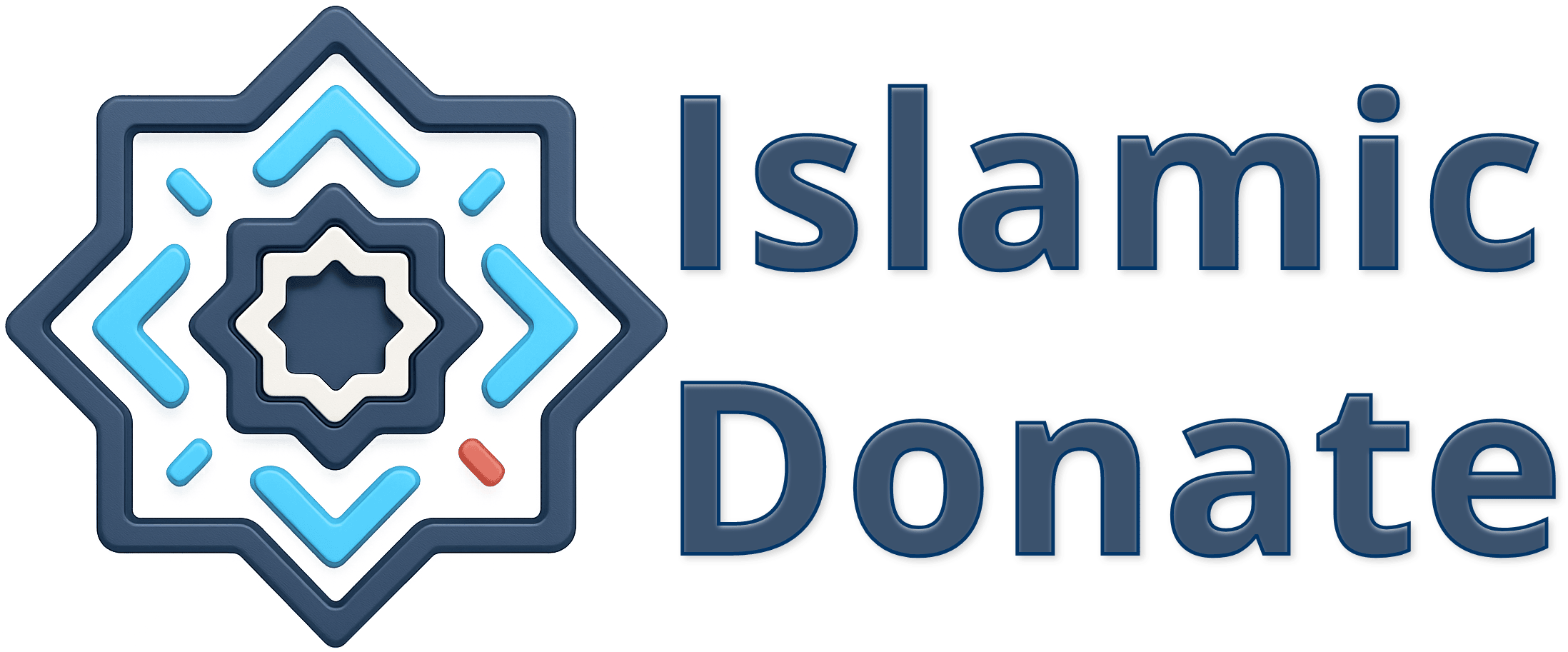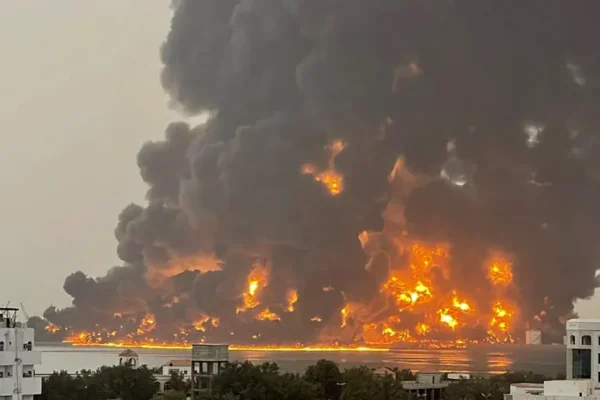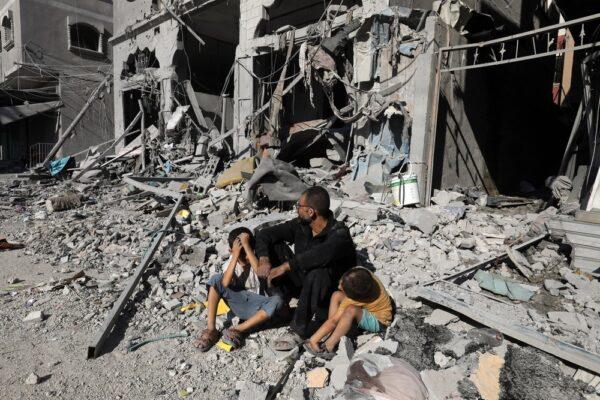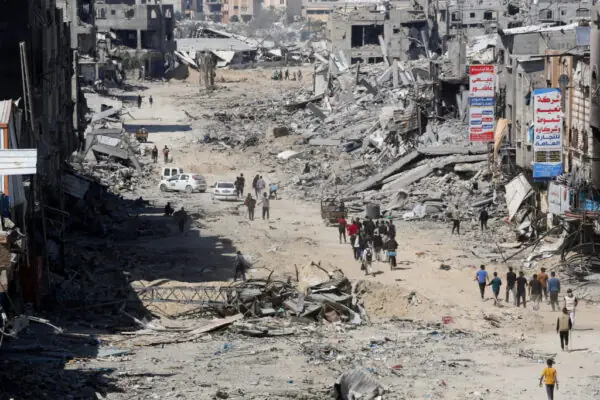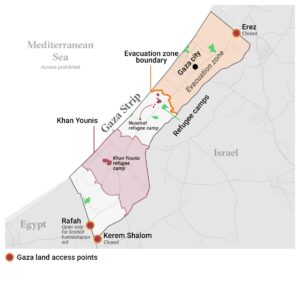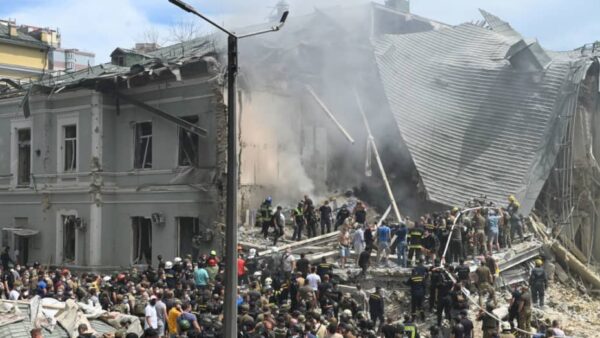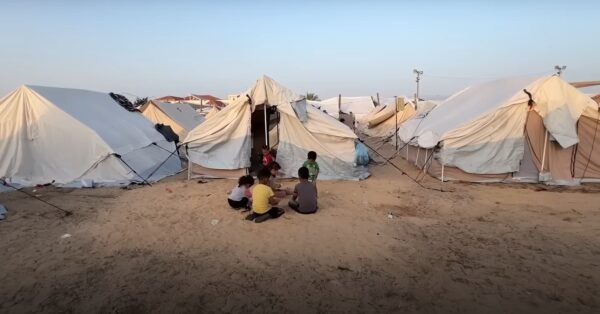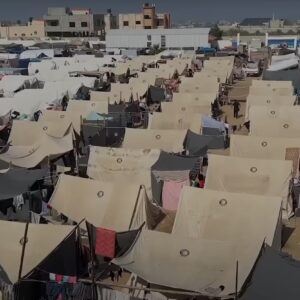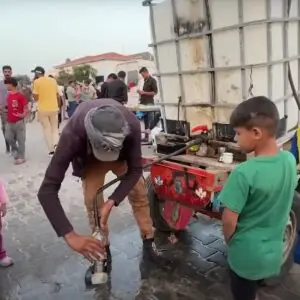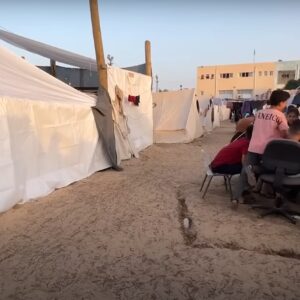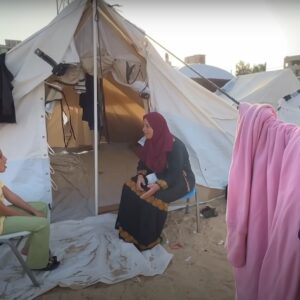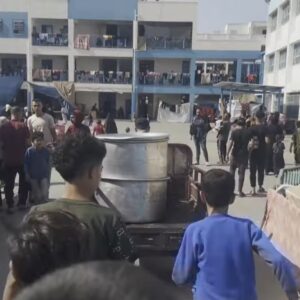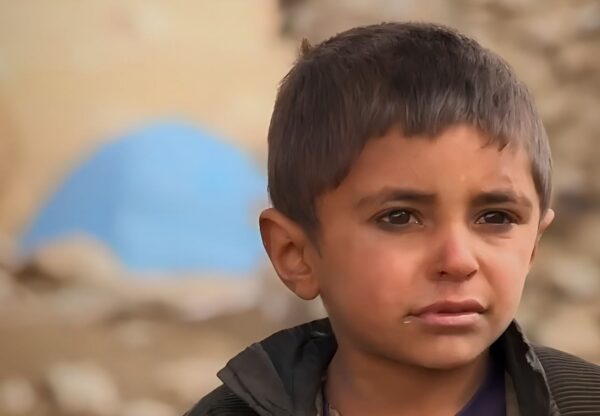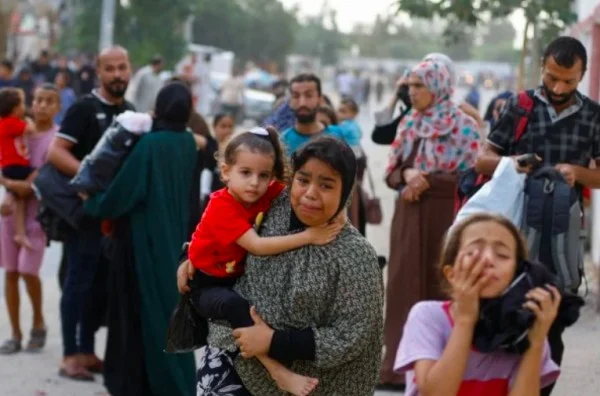Help Yemen: Addressing the Crisis in Hodeidah
In the wake of the recent devastation in the Hodeidah region of Yemen, which began on July 20, 2024, the situation has become dire. As members of our Islamic charity, we are committed to providing immediate and effective aid to those in need. This article aims to shed light on the current crisis and how we can collectively make a difference.
The Crisis Unfolded
The Hodeidah region has been severely impacted by a series of unfortunate events. A massive fire engulfed the main fuel tank at the port, leading to significant transportation issues. This has left the local population struggling to move around, exacerbating their daily challenges. Additionally, the harbor cranes have been rendered inoperative, causing a drastic reduction in the availability of essential food supplies. The situation is further compounded by the injuries sustained by many residents, with several hundred suffering from burns. You can read more about the events here.
Immediate Needs
The people of Hodeidah are in urgent need of basic necessities. The disruption in transportation and the malfunctioning harbor cranes have led to a scarcity of food. Our priority is to ensure that these basic needs are met. We are also focusing on providing medical supplies, particularly burn medicines and ointments, to treat those who have been injured.
How You Can Help
As a community, we have the power to make a significant impact. By donating to our cause, you can help us provide the necessary aid to the people of Hodeidah. Cryptocurrency donations are a modern and efficient way to contribute, ensuring that your support reaches those in need quickly and securely. Whether you choose to donate anonymously or openly, your contribution will make a difference.
Join Us in Making a Difference
Our Islamic charity is dedicated to helping those in need, and we operate with a 100% donation policy to ensure that every contribution goes directly to those who require it most. By coming together, we can provide humanitarian aid and support to the people of Hodeidah during this challenging time. Let us stand united in our efforts to bring relief and hope to those affected by this crisis.
Together, we can make a difference. Donate today and help us bring much-needed aid to the people of Hodeidah. Your generosity and support are invaluable in these trying times.

